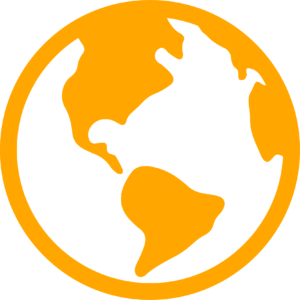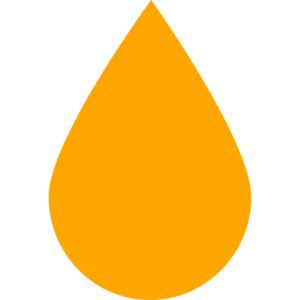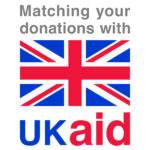Project Overview
Title: Safe Pair of Hands Project
Dates: August 2018 – June 2021
Location: Nyalenda A, Nyalenda B and Obunga in Kisumu City, Kisumu County, Western Kenya
Our role: We worked with the local communities to develop ingenious, lasting, sustainable and locally owned solutions that ensured low-income communities had access to safe water and improved hygiene services that ultimately resulted in positive health outcomes.
Participants: This project sought to improve the nutritional status of 3,000 children under-5 years and 35,000 people living in informal settlements in Kisumu City.
Project Budget: € 1.1 million
Theme: Cities, WASH and waste management
Lead Donor: Public donations matched pound for pound by the UK Government (UK Aid)







